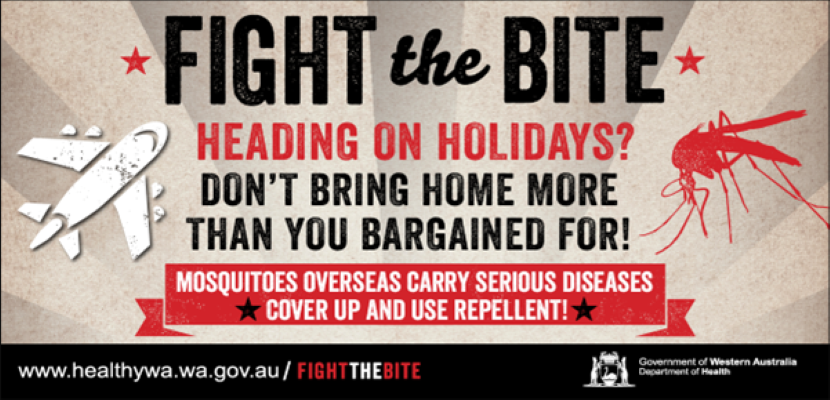
Effective and environmentally sustainable mosquito management is an important community service that reduces the public health risk from mosquitoes as well as minimising their impact on the lifestyle we all enjoy here in our beautiful City.
Environmental conditions, breeding cycles and mosquito-borne disease risks are complex and continually changing, so we recognise that it is important to keep our community informed on mosquito management activities and how you can protect yourself and your family from mosquitoes and mosquito borne disease.
Season 2023/24 wrap up
The 2023/24 season brought a welcome change in environmental conditions which assisted in restricting mosquito populations across most of the season. Despite the helpful conditions, the program was kept busy undertaking breeding site surveillance, aerial treatments, ground treatments and routine adult mosquito trapping.
In total, the program completed seventeen (17) aerial larvicide treatments between July 2023 and June 2024 with a total area of 3,674 hectares treated across the Peel region.
Details of all the aerial treatments completed can be found here along with other helpful information on the City of Mandurah website.
Mosquito-Borne disease
Reported cases of mosquito borne disease in the form of Ross River virus and Barmah Forest virus remained below average in Mandurah and the broader Peel region during the 2023/24 season. The Department of Health reported cases across most months with November and December 2023 recording the highest case numbers.
During the colder and wetter months of the year, the risk from mosquito borne disease locally is typically lower, however mosquitoes will continue to breed and remain active during the winter months. For this reason, protecting yourself against mosquito bites remains important.
Travel warnings
The Department of Health is continuing to warn community members and travellers to Northern WA and Bali.
This follows elevated mosquito-borne disease risk across a wide area of northern Western Australia, particularly in the Pilbara, Kimberley, Gascoyne and Midwest regions and the recent surge in dengue fever cases in travellers returning from Bali and Indonesia.
The Department of Health is urging the public not to take mosquito borne disease lightly, and recognise that these mosquito-borne diseases can cause severe illness and in certain cases can be fatal.
More information on mosquito borne disease can be found here.
Media release - Mosquito warning to travellers and community members in northern WA
Media release - Dengue fever warning for WA travellers heading to Bali
Environmental conditions ahead
The Australian Bureau of Meteorology’s climate outlook for July to September 2024 is suggesting that rainfall along with maximum and minimum temperatures are likely to be above average for southern WA.
Whilst it is difficult to predict exactly how these conditions may impact our local environmental conditions and mosquito breeding cycles, the prediction of warmer temperatures across the next few months may support an increase in mosquito breeding and activity.
Mosquitoes breeding in your backyard?
With winter upon us and our gardens finally receiving some much-needed rainfall, there are lots of places around our properties that can collect water and garden debris that mosquitoes will take advantage of. Buckets, roof gutters, wheelbarrows and anything that captures water can provide the perfect place for mosquitoes to breed.
Take ten minutes to check around your property to ensure mosquitoes haven’t moved in.
Looking for more Information?
Connect with us on our social media page for updates on mosquito treatments happening across the 2024/25 season.
Watch this short video on how the City manages mosquitoes and for more information please visit our website.


